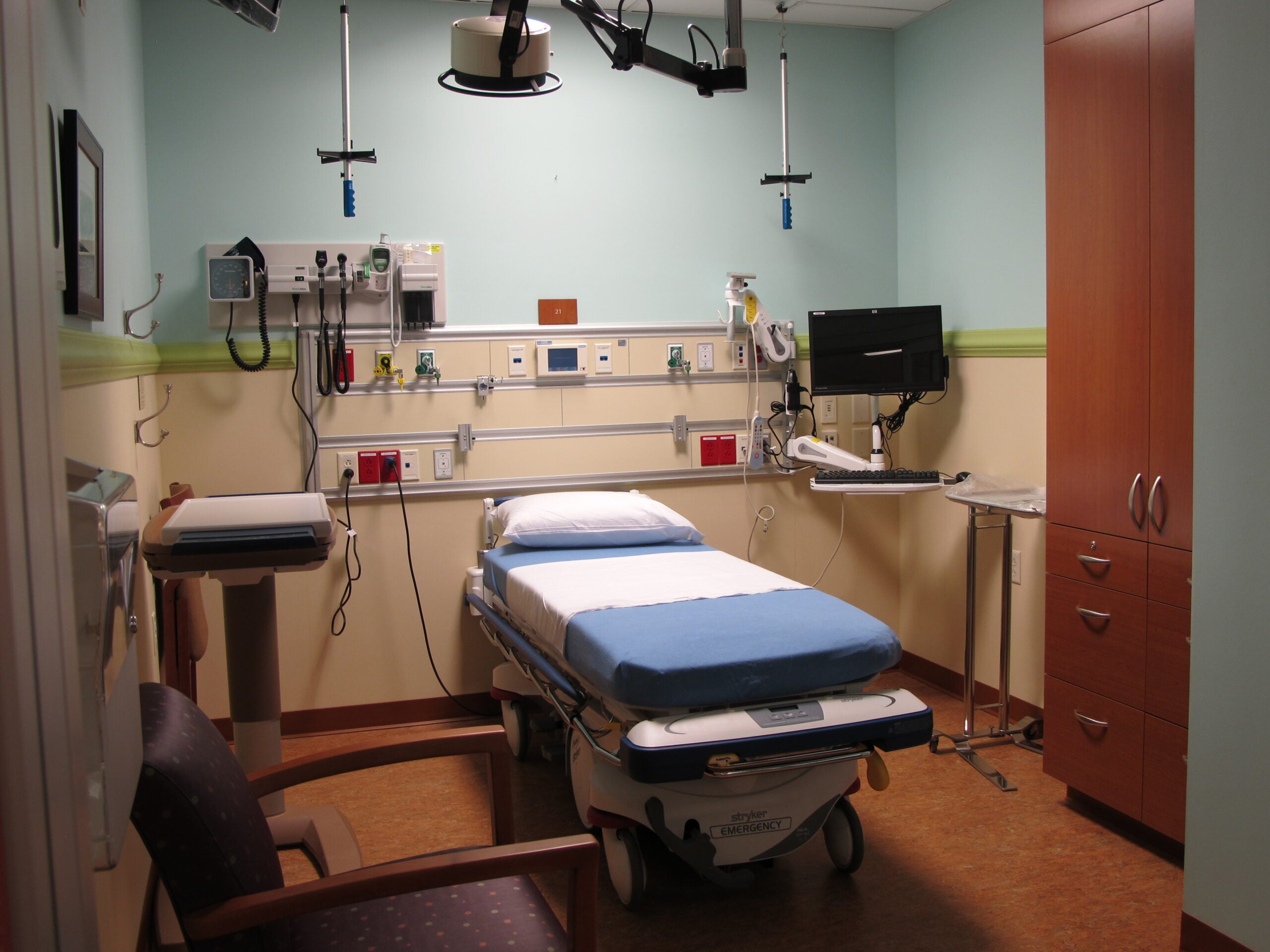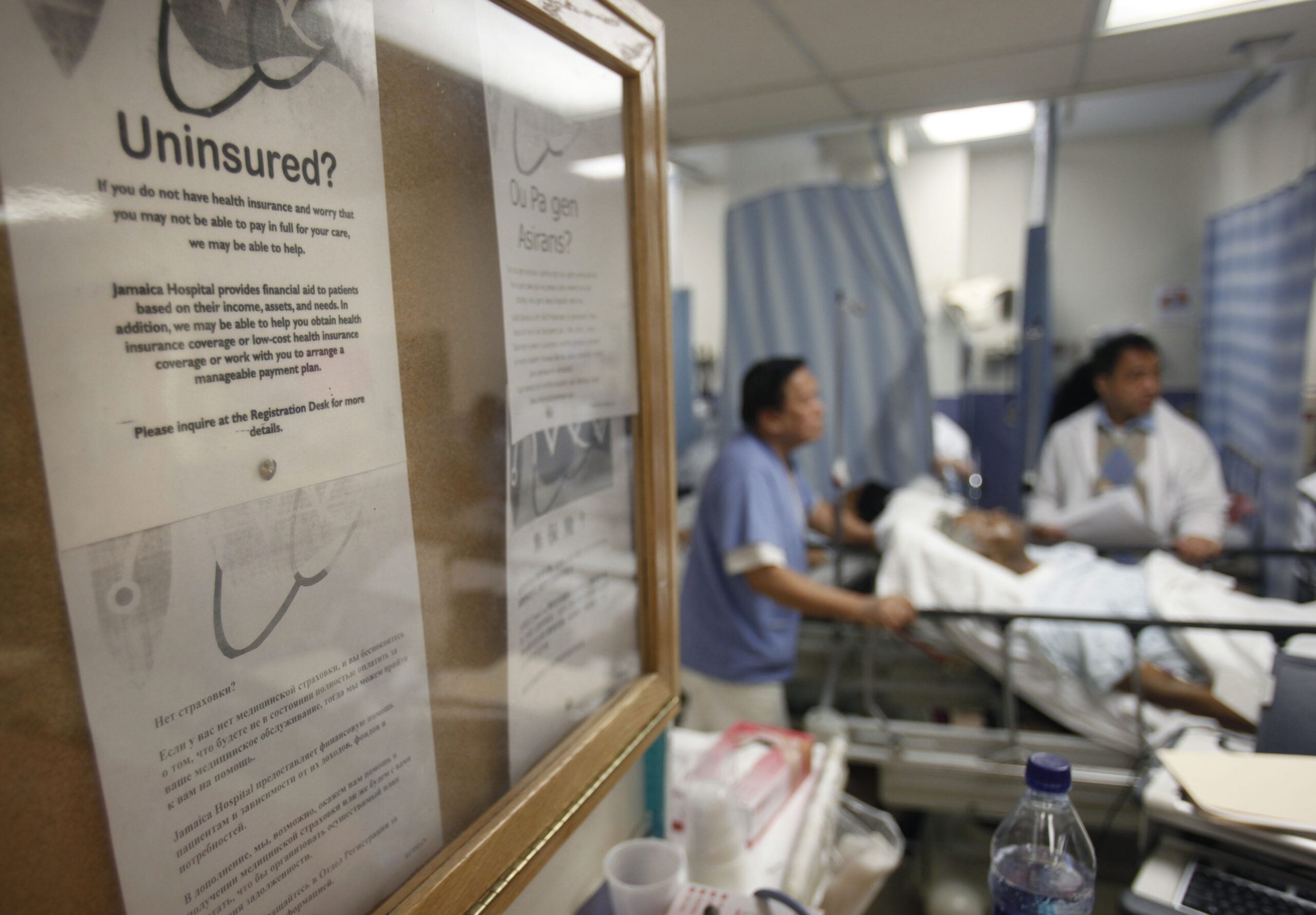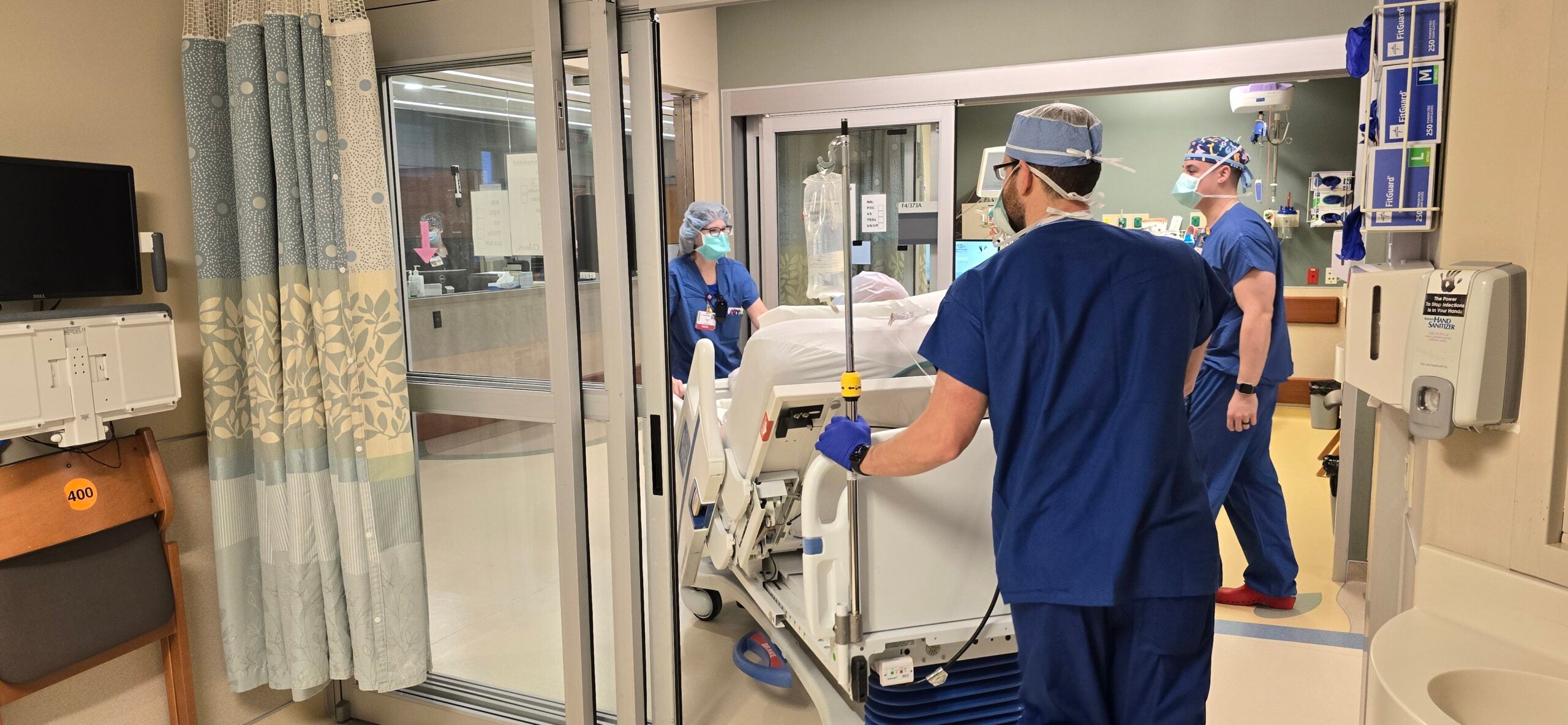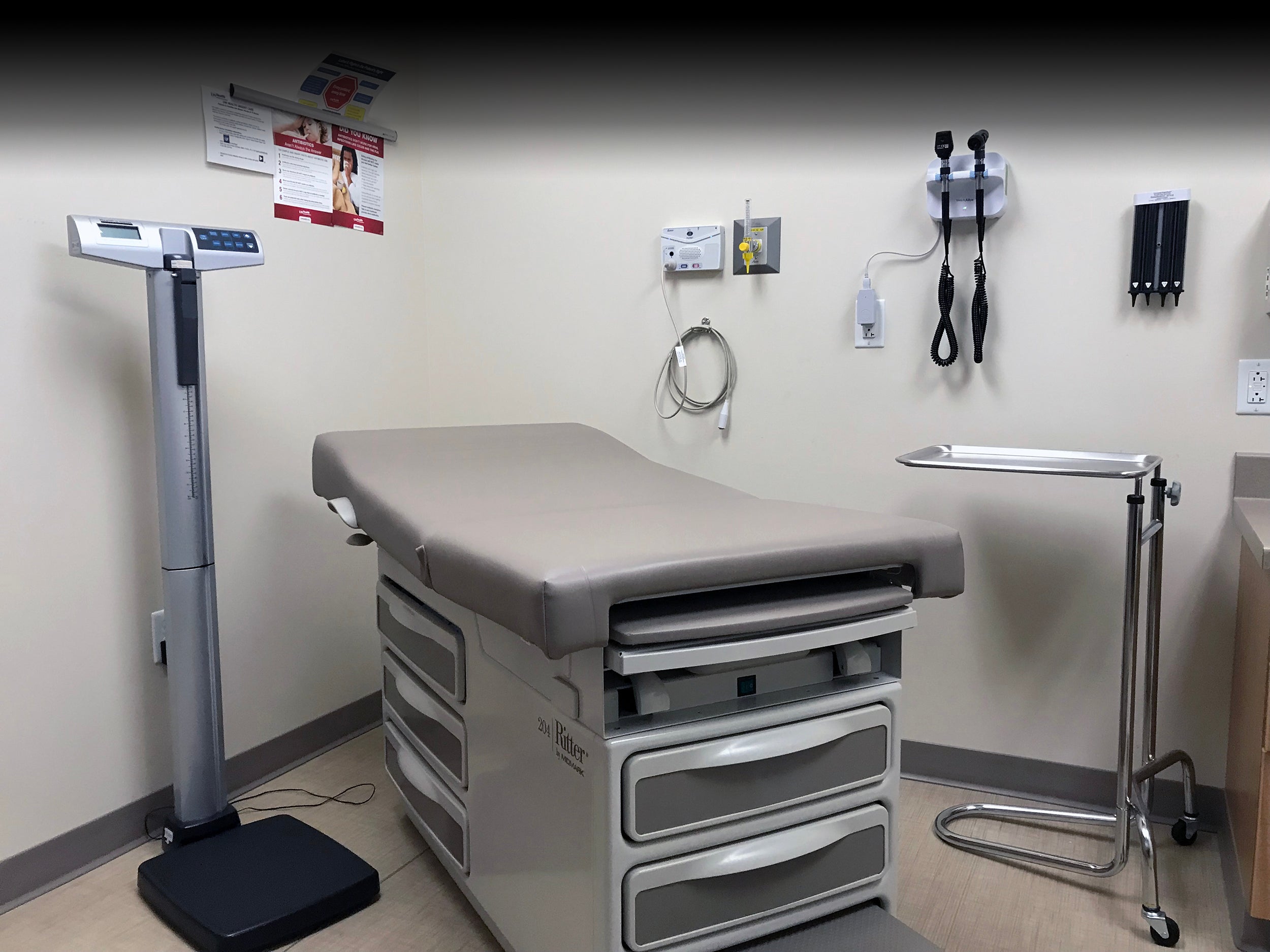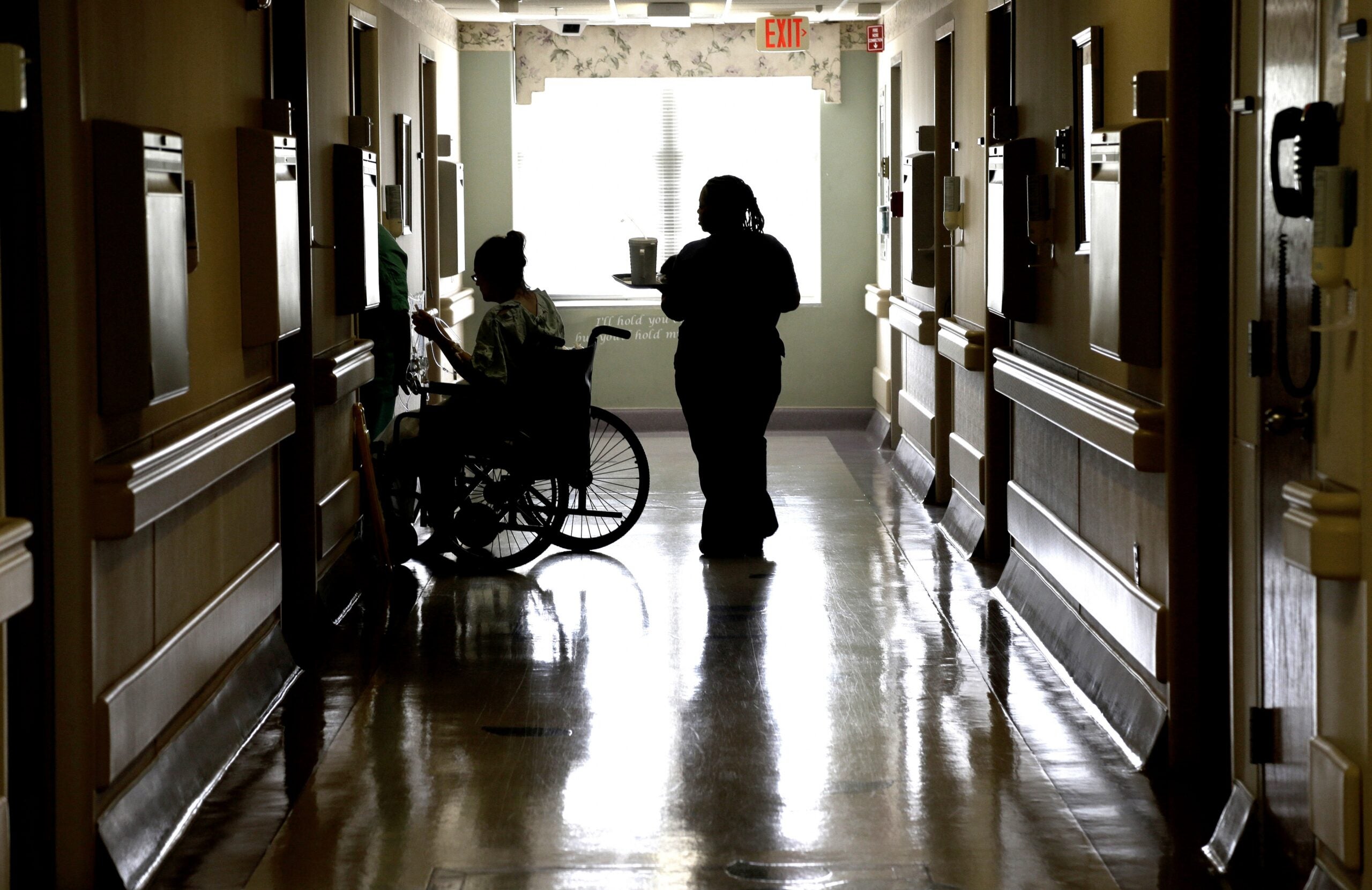The amount of unpaid medical care at Wisconsin hospitals has increased for the first time since the start of the COVID-19 pandemic.
The annual report from the Wisconsin Hospital Association looks at the total amount of charity care and bad debt — what’s referred to as uncompensated care — at 166 hospitals in the state.
Facilities provided $1.36 billion in uncompensated care around the state in 2023. That’s 6 percent more than during the previous year but the same amount reported in 2020.
News with a little more humanity
WPR’s “Wisconsin Today” newsletter keeps you connected to the state you love without feeling overwhelmed. No paywall. No agenda. No corporate filter.
Bad debt — when patients are unable or unwilling to pay, but don’t apply for financial assistance — made up more than half of the uncompensated care, totaling $731.6 million. It’s a nearly 5 percent increase from 2022, but less than the amount of bad debt reported in 2021 and 2020.
Charity care, or care that a hospital is able to write off through their taxes, totaled $627.3 million and was just under 8 percent higher than the previous year.
Total uncompensated care declined during the COVID-19 pandemic after years of steady increases.
Brian Potter, WHA senior advisor, said the decrease is partly due to the overall decline in hospital use from people delaying care. He said the numbers were also affected by increased enrollment in Medicaid insurance.
The federal public health emergency during the pandemic stopped the annual re-enrollment process for Medicaid recipients, allowing people to retain their insurance. But that policy ended in 2023 and Wisconsin began the year-long process of restarting eligibility checks, what public health leaders called Medicaid “unwinding.”
Bobby Peterson, executive director of public interest law firm ABC for Health in Madison, said it’s hard to know how many people who lost Medicaid coverage found insurance on the federal marketplace or through employment. But he said he believes the decline in Medicaid enrollment had a big impact on the increase in uncompensated care at hospitals.
Peterson said the state’s health system can help prevent unpaid care by making sure patients know how to get insurance coverage before they go into debt.
“A lot of people fall into medical debt because of knowledge barriers, their own knowledge barriers, but also system knowledge barriers,” Peterson said. “Health care coverage is so complicated — between insurance, Medicaid, disability programs, Medicare and the Affordable Care Act. Trying to piece all this stuff together, it really requires a level of expertise.”
Potter said hospitals try to work with patients who have outstanding bills to figure out their eligibility for different programs. He said every hospital is required to post their financial assistance policy on their website and many health systems chose to write off medical bills if a patient is below 250 percent of the federal poverty line.
But this assistance, Potter said, can only happen if a patient is proactive in working with hospital staff.
“This happens once in a while, where the patient had their service and then they sort of ghost the hospital,” he said. “The hospital’s trying to follow up with them. They’re just not hearing anything from the patient. You can’t assume the means of the patient, and that’s where you know, eventually it might be turned over to collections.”
Potter said hospitals report that some uncompensated care is coming from people who do have insurance, but may not be able to pay the high deductible used by their plan.
He said insurance companies are also more regularly denying coverage for some care, which makes it harder for hospitals to collect for the services that patients need.
Wisconsin Public Radio, © Copyright 2025, Board of Regents of the University of Wisconsin System and Wisconsin Educational Communications Board.

